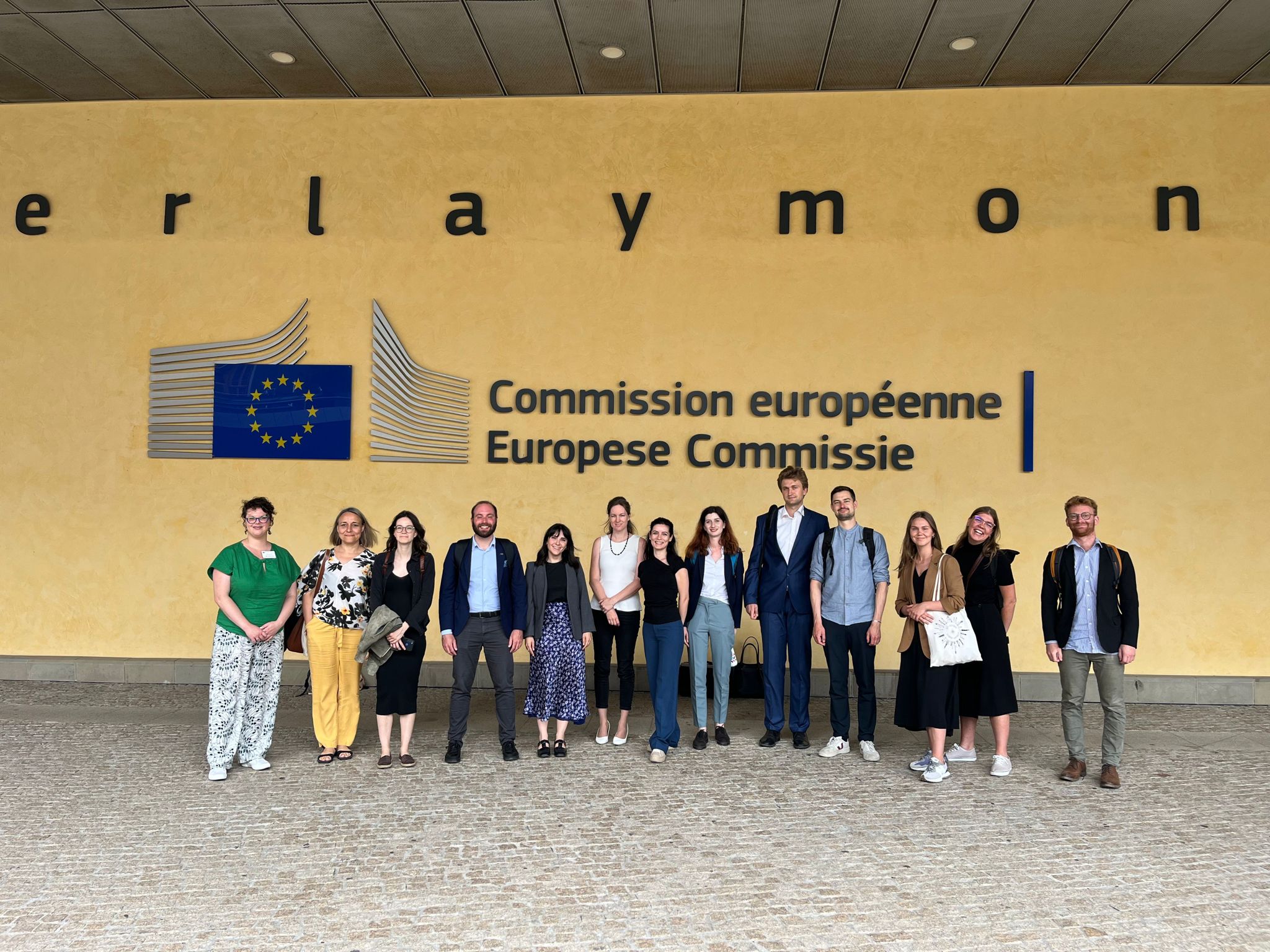
Throughout the year, Bankwatch campaigners closely followed the implementation of REPowerEU, the EU’s plan to help Member States address the energy crisis through diversification of supply, increased renewables, and improved energy efficiency.
We also continued to support our member and partner groups in Tbilisi, Yerevan, Belgrade, Sarajevo, Samarkand and Bishkek, while advocating for better targeted investments to strengthen the resilience of Ukrainian cities and communities in their reconstruction efforts.
In May, the EU extended its Action Plan on Human Rights and Democracy (2020–2024) until 2027 to align with the Multiannual Financial Framework. The extension was established to reinforce the EU’s commitment to promoting human rights and democracy globally, addressing challenges such as digital rights, freedom of expression, and migration.
In July, the EBRD’s misguided investment in the Vinča landfill project in Belgrade resulted in a problem-solving agreement being signed between 17 Roma households, the City of Belgrade, and the project promoter Beo Čista Energija. The agreement secured adequate housing for the families evicted due to the project, concluding a multi-year mediation process.
Politically, the year was defined by the dramatic escalation in the conflict between Israel and Hamas in October. Across Europe, protests and public debate intensified over the humanitarian crisis and foreign policy responses.
The year closed with the launch of our ‘Beyond Coal’ documentary in November. Created by 2Celsius and Bankwatch Romania, the film depicts the coal phase-out in the Romanian county of Gorj, particularly the challenges communities face as they transition to a greener economy.
